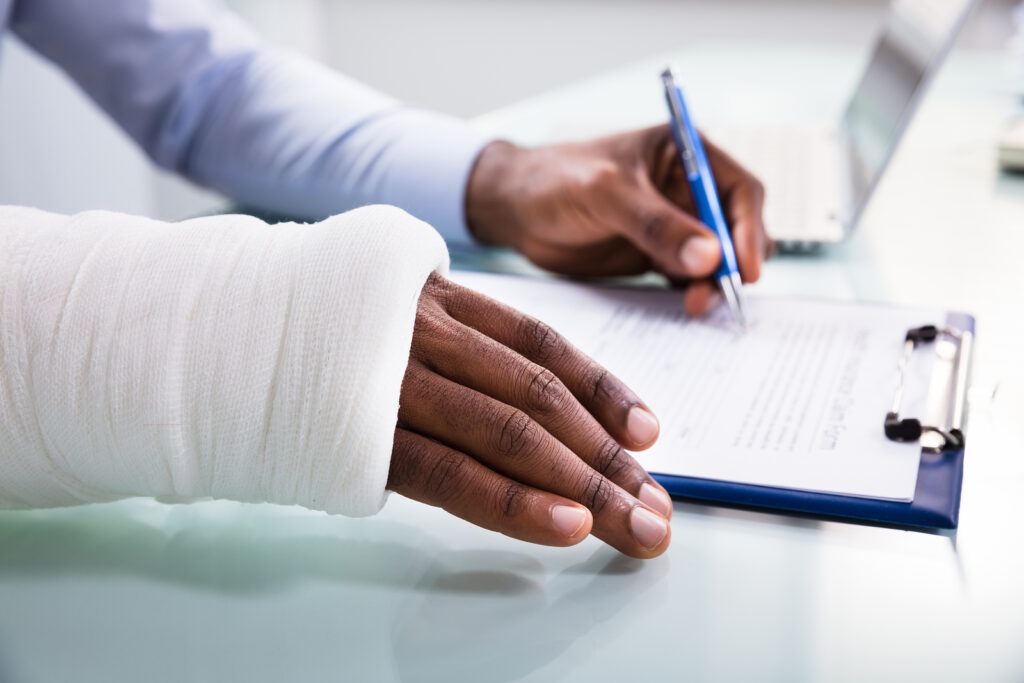Selecting the appropriate lawyer is essential for legal, business, or personal issues. Your case may be significantly impacted by your attorney. It can be challenging to get started with so many lawyers. You can make an informed choice and select the best lawyer with the aid of this comprehensive information.
Knowing your legal needs is the first step in choosing a lawyer. In addition to other legal fields, attorneys have specializations in criminal, business, real estate, and family law. Finding an experienced attorney will be made easier if you are aware of your legal problem. Hire a family law lawyer who has experience with your situation if you are divorced. People who have been charged with a crime ought to consult a criminal defense lawyer. A business or corporate lawyer is the best choice for business-related matters like contract writing or dispute resolution.
Once your legal needs have been identified, look into lawyers. One of the best ways to locate a competent attorney is through personal recommendations. Ask friends, family, and coworkers for recommendations for a lawyer, particularly if the lawyer has experience with cases similar to yours. Personal recommendations are frequently based on close familiarity with a lawyer’s experience, communication style, and case management. In addition to word-of-mouth, look for lawyers online. Numerous websites and legal directories have ratings for attorneys. You can locate local attorneys with the help of Avvo, Martindale-Hubbell, and the American Bar Association’s lawyer reference service.
Examine the credentials and experience of the lawyers on your list. Verify their education, background, and experience. Most lawyers’ biographies on their firm’s website include information about their education, experience, and caseload. The laws and procedures that are relevant to your case will probably be better understood by attorneys with comparable case experience. Additionally, they might know mediators or other experts who could support your case. Find out if the lawyer is a member of any professional associations or bars. This could be a sign of their dedication to legal updates and professional ethics.
Alongside their qualifications, lawyers’ reputations should be taken into account. An attorney’s dependability and moral character may be revealed by their reputation in the legal community and among previous clients. Look up customer reviews online. While a bad review once in a while is acceptable, a pattern of complaints could be cause for concern. To find out if the lawyer has received disciplinary action or a complaint, contact your local bar association. A good lawyer needs to be successful, moral, and professional.
The lawyer’s ability to communicate is another consideration. A competent lawyer should be accessible and eager to speak with you frequently. During the first consultation, evaluate the lawyer’s communication style. Do they listen to your grievances? Do they give clear explanations? Effective communication is crucial because of the complexity and unpredictability of the law. A skilled communicator can explain your options, provide you with case updates, and assist you in navigating the legal system. Poor communication, however, can lead to misunderstandings, annoyance, and even injury.
When selecting a lawyer, cost is yet another crucial factor. Legal fees may vary depending on the lawyer’s location, experience, and the complexity of the case. Know a lawyer’s fee schedule before you hire them. While some lawyers bill by the hour, others bill by the service. Certain personal injury lawyers take cases on a contingency fee basis, which means they only get compensated if you win. Make sure to inquire about court, administrative, and expert witness fees. You can avoid unpleasant surprises by being honest about your finances. To cut costs, find out if the lawyer provides payment plans or other financial alternatives.
When selecting a lawyer, rapport and trust are crucial. Legal proceedings can be emotional and stressful, so it’s critical that you feel at ease with your attorney. During your first consultation, trust your gut. Is the lawyer sincerely attempting to assist? Be thoughtful and focused? A competent attorney should give you confidence in their skills. If you feel hurried, uneasy, or under pressure, you might want to look elsewhere. Keep in mind that you will be represented by your lawyer, so pick someone you like and trust.
After reducing your options, schedule consultations with several lawyers. Free initial consultations are a great way to talk about your case, ask questions, and get a feel for the lawyer’s style. Throughout the session, inquire about their case management approach, success rate, and prior experience with similar cases. Pay attention to their mannerisms, professionalism, and ability to solve problems. To make an informed choice, take into account the attorneys’ responses, costs, and general impressions.
In summary, selecting the best lawyer requires understanding your legal needs, conducting thorough research, evaluating reputation and experience, taking communication skills into account, projecting costs, and trusting your gut. You can select the best attorney to represent you and assist you in resolving your legal issues if you carefully consider these factors. Keep in mind that the right lawyer can offer consolation and legal advice during a trying time.








